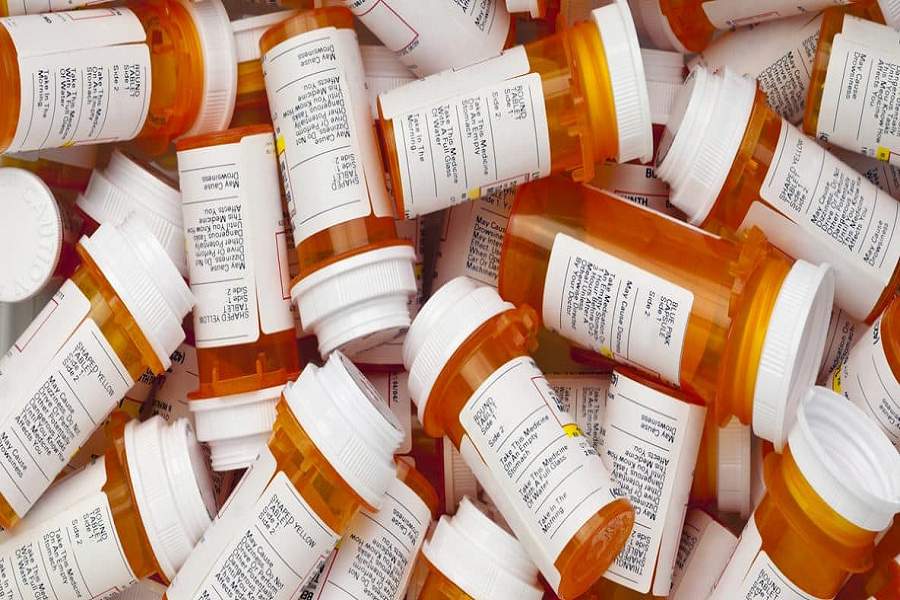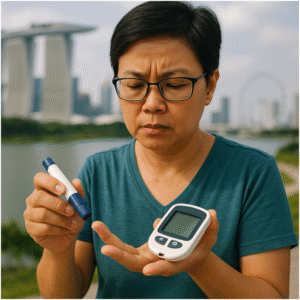What To Do With Unused Prescription Medication

What To Do With Unused Prescription Medication
How do you dispose of medication that you no longer require or desire? Do you flush it, throw it away, or wash it down the drain to keep it out of the wrong hands? Unfortunately, depending on a medicine’s chemical nature, inappropriate disposal might lead to water system contamination. This pollution puts marine ecosystems, human health, and other things in jeopardy. Here’s a quick rundown of the risks of inappropriate medicine disposal, along with some pointers on how to avoid them.
These disposal methods had previously been recommended to prevent unintentional use by kids or opioid-seeking adults from using them. On the other hand, water treatment plants and septic systems were not built with the objective of removing pharmaceutical compounds from the water. Pharmaceutical-related chemicals have been discovered in streams and drinking water around the United States.
Pharmaceuticals have been found in 40{158b0f370b74aa33d715c948ccface6f24c37e9cee84469cdad5d42d83cc2d5f} of the country’s drinking water, which has been filtered through deep underground aquifers. Steroids, antibiotics, antidepressants, painkillers, and other medicines have all been linked to these substances. Throwing medications in the garbage might be dangerous since landfill chemicals leach into surface water. What type of harm could these contaminants do to the environment? Prescription pharmaceutical leftovers, according to studies, have altered the behavior, reproduction, and growth of various species, including frogs and fish. Both humans and animals are harmed when they consume dirty fish.
Furthermore, after being handled in wastewater treatment plants, these compounds, as well as the components created by their breakdown, end up in lakes and rivers. They begin to alter the nutritional content and microorganisms after being introduced into these biomes. A microbiological degree of contamination in an area can have far-reaching consequences. The same water is then utilized to irrigate the livestock farms and agricultural lands that we depend on.
Individuals can help to prevent further damage, but significant contributors to the problem like animal farms, hospitals, and nursing homes can’t. To begin, read the complete information package that comes with the medicine. The EPA trash code, as well as whether the medication is flammable, corrosive, poisonous, or reactive, should be stated on a leaflet or booklet. The FDA’s flush list can also be found on their website. This data can be used to decide if a drug is safe to flush or discard.
Bring a drug to a drug take-back facility or your local controlled substance public disposal place if you’re not sure if it falls into one of these categories. It’s also a good idea to be more cautious when purchasing. Medication should not be kept on hand because it could expire and become useless.
Please read the reference for more information on proper medicine disposal.




